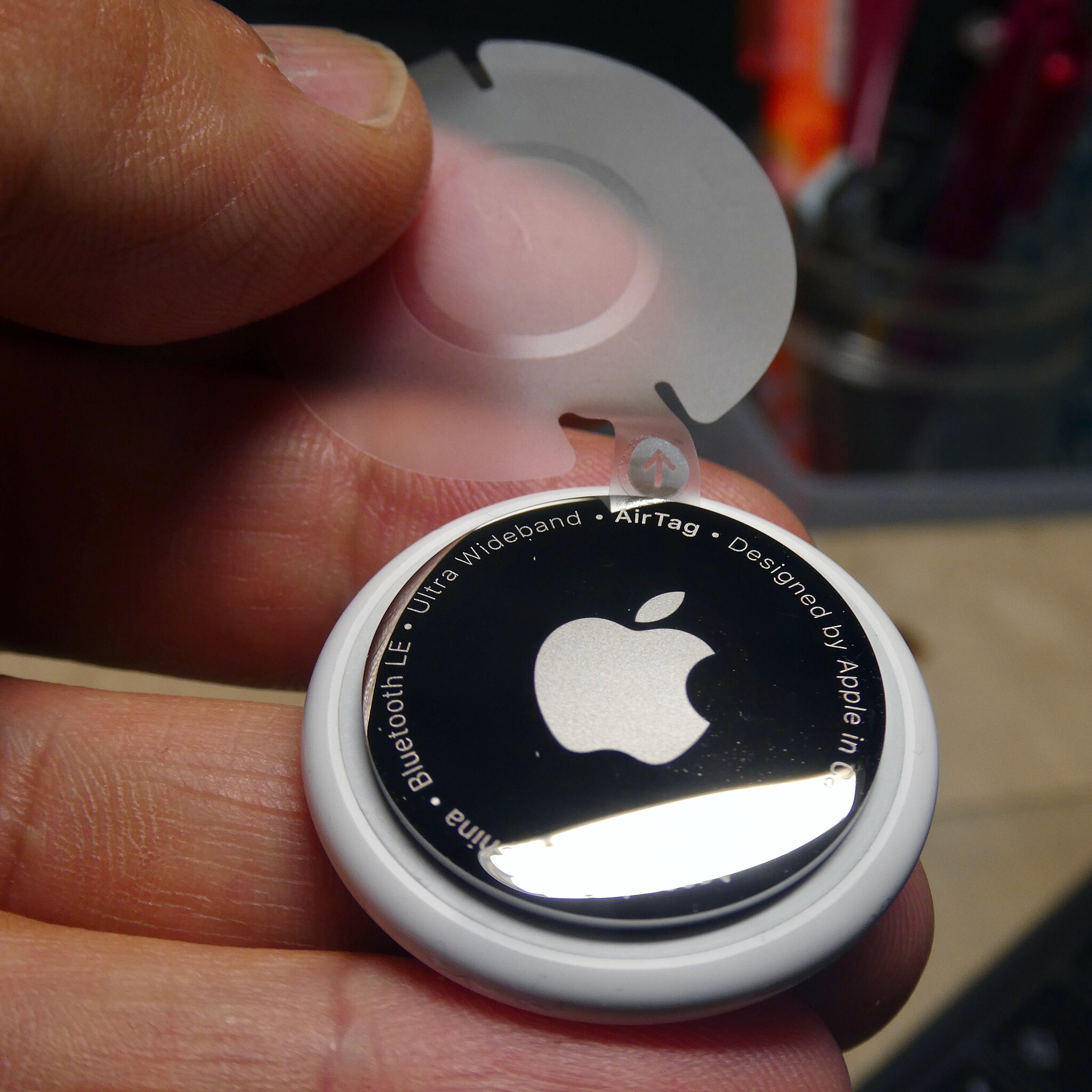Remember the stomach-dropping feeling when an airline agent says they have “no idea” where your luggage is—while you’re staring at its exact location on your iPhone? That frustrating disconnect is finally getting resolved.
The Anxiety-Killer Apple Didn’t Even Announce
The travel game just changed, but with typical Apple subtlety. Tucked into iOS 18.2, “Share Item Location” transforms those little tracking pucks from personal peace-of-mind tools into airline-integrated problem solvers.
Before this update, travelers lived a strange paradox. Many AirTag users have reported watching their lost luggage sit motionless in an airport storage room for days while customer service representatives insisted it was “in transit” or “location unknown.” The digital equivalent of watching someone wave while pretending they can’t see you.
This disconnect between what travelers could see on their Find My app and what airlines could access in their systems has been a common frustration documented across social media platforms and travel forums since AirTags launched in 2021.
That disconnect has now been bridged, according to Apple. When luggage vanishes, travelers can generate a unique URL through Find My that displays real-time location on an interactive map. According to 9to5Mac, major carriers—including American, Delta, and United—have integrated this feature into their support systems, with the link automatically expiring after retrieval or seven days.
And yes, privacy remains intact with end-to-end encryption. According to Apple’s press release, neither the company nor the airlines can see your other item locations beyond what you specifically share.
Safari’s Evolution: From Page-Finder to Answer-Giver
While fixing travel headaches with one hand, Apple casually disrupted the entire search engine industry with the other.
In court testimony reported by Bloomberg, Apple’s Eddy Cue revealed plans to integrate AI search engines from OpenAI, Perplexity, and Anthropic into Safari. The revelation sent Alphabet shares plummeting 7.3%, vaporizing $150 billion in market value.
Safari searches declined for the first time last month, a shift Cue attributed to AI usage in his testimony. The connection seems clear: traditional link-list search may be losing ground to AI systems that deliver direct answers with citations.
Two Technologies, One Philosophy
These parallel innovations reveal Apple’s signature approach: solve real user problems while positioning for the next tech paradigm.
For travelers, AirTag integration means potentially less frustration when bags disappear. According to travel experts analyzing the feature, this integration represents a significant power shift—from airline gatekeeping to traveler knowledge—that could fundamentally change the lost luggage experience. The Points Guy notes that location-sharing capabilities like this have been among the most requested features since AirTags became popular travel companions.
Meanwhile, the coming search evolution might finally end the tyranny of SEO-optimized garbage links, replacing them with personalized, contextual answers. Though privacy advocates rightly question what this concentration of search intent might mean for user data.
As summer vacations approach, these twin innovations could deliver both potential relief from travel frustrations and a glimpse of AI’s transformative potential. While bags will inevitably still get lost, travelers may have improved tools to recover them, and according to industry analysts, AI travel technology could soon transform how travelers find local recommendations and travel information.
These aren’t just features. They’re a worldview: technology should solve real problems while preparing us for what comes next.


















